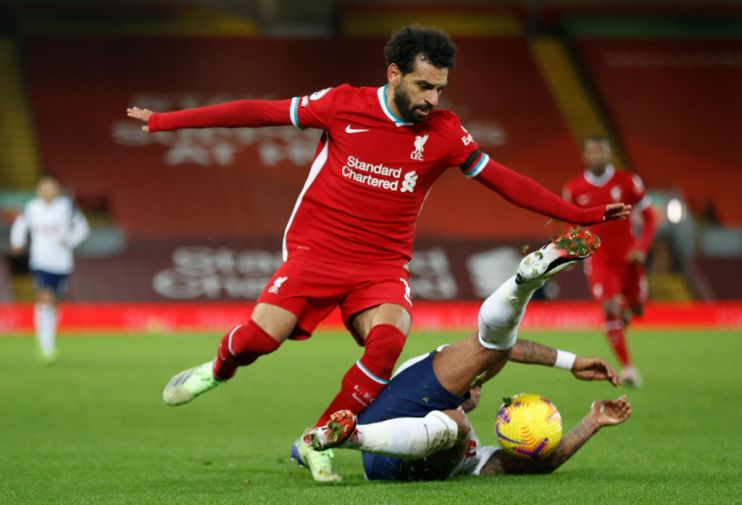The Week in Sportbiz: Premier League toasts beIN deal; banker set to buy Lille; breakaways boosted; Australian Open delay; and Griezmann bins Huawei

Christmas cheer has arrived early at the Premier League after it agreed a new $500m deal with beIN Sports.
The contract, which gives beIN exclusive broadcast rights in 24 countries across the Middle East and North Africa, is effectively a three-year extension to their deal for 2019-22.
It comes as a boost to the Premier League after a year in which the value of television rights has come under extreme pressure.
England’s top division tore up its contract with China’s PPTV over non-payment of fees.
French football, meanwhile, is in crisis after the collapse of its deal with Mediapro left clubs facing a €700m shortfall this season alone.
It is also an endorsement of the Premier League’s anti-piracy efforts, which include opening a dedicated office in Asia.
Qatar’s beIN chose not to renew deals with Formula 1 and the Bundesliga because it felt piracy had reduced the value of those rights.
The biggest piracy operation is beoutQ, which the World Trade Organisation found in June was run by Saudi Arabia.
It is one element of the ongoing rift between Saudi Arabia and Qatar and effectively torpedoed Saudi efforts to buy Newcastle.
All but one Premier League club voted in favour of renewing with beIN. The lone dissenting voice? Newcastle.
Ex-banker swoops for Lille deal
A former banker at JP Morgan is poised to buy distressed club Lille amid the financial chaos enveloping French football.
Maarten Petermann’s vehicle Kalisto is set to take over from the team’s current owner Gerard Lopez.
Lopez is said to have come under pressure to sell from its major creditors US fund manager Elliott Management and JP Morgan.
Despite making players sales totalling more than €100m last summer, Lille still owe Elliott and JP Morgan around €125m.
Bosman for breakaways
Sport has been rife with new competitions in recent years, from the International Swimming League to Ultimate Tennis Showdown.
The trickle could soon become a flood, however, following a landmark antitrust ruling in Brussels this week.
Ice skating’s governing body the ISU failed in a bid to uphold its right to penalise skaters for taking part on non-sanctioned events.
Lawyer Mark Orth compared it to “opening the Berlin Wall for athletes”. The decision has also been compared to football’s Bosman Ruling, which revolutionised the transfer market.
Football itself has seen breakaway plans floated again this year, notably for a European Super League.
But AC Milan chief executive Ivan Gazidis, formerly of Arsenal, played down that project earlier this week.
He told the BBC: “I don’t think there’s a big likelihood that we see a Super League in the way that people talk about it.”
Australian Open put back to February
Strict Covid quarantining rules mean the Australian Open will start three weeks later than usual next year.
The first tennis grand slam of 2021 begins on 8 February to allow extra time for players to isolate on arrival.
Players must quarantine for 14 days after they arrive in Melbourne on 15 January.
They have been told to remain in their rooms for 19 hours a day and will take five Covid tests.
As long as they test negative, players will then be allowed to mix freely, without adhering to a bubble.
Griezmann hangs up on Huawei
Sponsors have been known to ditch star sportspeople caught up in controversy, but it rarely works the other way.
That’s what happened this week, however, when Barcelona and France footballer Antoine Griezmann cut ties with Huawei.
Griezmann parted ways with the Chinese technology giant amid suggestions that its facial recognition was being used to repress Uighurs.
Huawei has denied the allegations and offered to hold talks with the World Cup winner.
